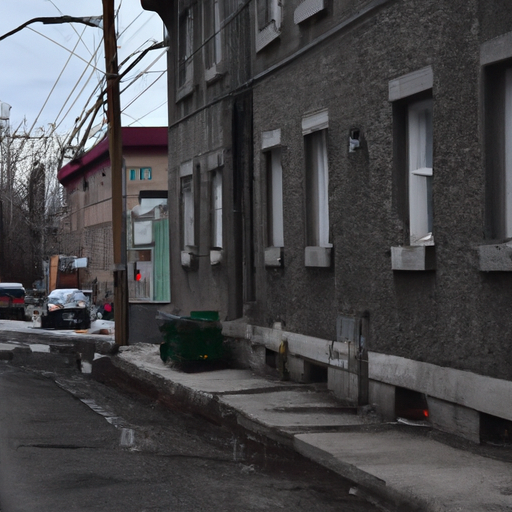Opioid Crisis in Canada: A Call for Strong Action Against Big Pharma
In a crisis that has gripped the nation, the opioid epidemic in Canada continues to ravage communities, leaving a trail of heartbreak and devastation. In an effort to stem the tide of this crisis, some political figures, like Pierre Poilievre, are stepping up to hold accountable those they believe are essentially contributing to the crisis. In this post, sourced from an article on CTV News Northern Ontario, we will delve into the implications of these assertions and the potential course of action being proposed.
Making Big Pharma Pay
In a recent visit to Sault Ste. Marie, Conservative leadership hopeful Pierre Poilievre made his intentions clear: he aims to sue ‘Big Pharma’ companies for their alleged role in the proliferation of prescription opioids in Canadian communities. He believes that these companies were aware of the addictive nature of these drugs and yet still aggressively marketed them.
What Is At Stake?
Taking this proposed course of action against major pharmaceutical companies in the form of an opioid class action is no small matter. This course of action has the potential to exact justice but also has deep ramifications both judicially and in the medical sphere. Here are a few key points:
- Accountability: Holding pharmaceutical giants accountable for promoting potentially addictive drugs can serve as a warning to others and could potentially deter similar irresponsible behaviour in the future.
- Compensation: The opioid crisis has cost the Canadian government and communities hugely in social costs including healthcare, law enforcement, and lost productivity. An opioid class action could potentially see compensation for these costs.
- Regulation: This action could also trigger more robust regulation of drug marketing and prescription practices, preventing a similar crisis in the future.
- Impact on Patients: There exists a risk that legitimate patients who need these drugs for pain management could be affected.
Effects of the Opioid Crisis
It’s crucial to understand the immense impact of the opioid crisis on Canadian communities. The increase in opioid-related deaths is alarming, with thousands of Canadians having lost their lives. However, the crisis does not stop there – hundreds of thousands of people are affected directly and indirectly. The crisis has led to an increase in homelessness and crime rates in communities that were once considered safe. It has strained our healthcare and law enforcement systems and left families in ruins. This underscores the urgency with which we must act.
Efforts to Combat the Crisis
While pursuing litigation against ‘Big Pharma’ is one course of action, it’s essential to note that positive steps are being taken across the country to deal with the opioid crisis. For example, programs have been rolled out to make naloxone, a medication that can block the effects of opioids, more readily available. Further, community services are working towards harm reduction, treating opioid addiction as a health concern rather than a criminal issue.
Summary and Takeaways
While the battle against the opioid crisis continues, ideas like Poilievre’s proposed opioid class action offer a potential path to make those who contributed to the crisis accountable and help offset the immense costs it has imposed. However, this is not a simple solution and we must be mindful of the potential impacts on patients who rely on such drugs for their health needs.
The opioid crisis is deep and complex, cutting across socio-economic, legal and healthcare spheres. There are no easy solutions, but taking a stand against those who may have contributed to the crisis can be one part of the multifaceted response required. In enabling justice and compensation, this proposed action could potentially play a role in curbing the crisis and preventing similar crises in the future.
In closing, the keywords that encapsulate the state and potential course of action in this matter are: opioids, opioid crisis, opioid class action, homeless, crime, naloxone. These words speak volumes about the crisis we are in and the paths we are navigating on our journey to resolution and healing.
